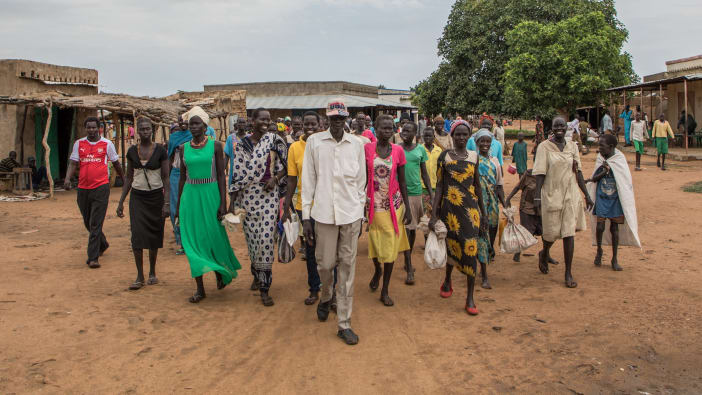Adapted from Disasters and the Local Church by Bill Crooks and Jackie Mouradian
Read Genesis 41:25-40
God warned the Egyptian king through a dream that drought and famine were coming to his land. Joseph was called from his prison cell to interpret the dream (about cows and heads of corn!) and suggested some actions to cope with the disaster. The king appointed Joseph to carry out these actions.
Joseph set up administrators and buildings to store grain during the seven good years. Farmers had to hand over one fifth (20 per cent) of each year’s harvest to the government so that it could be stored and then used during the seven years of famine (Genesis 41:33-36).
Key points
- This story is about a hazard that was predicted, so that action could be taken before it happened. It emphasises the importance of early warning systems, whether they are divine or man-made! In today’s world, early warning of drought, storms and floods can help reduce the impact of the hazard.
- Management responsibility was given to Joseph – he was trusted. In emergency situations there needs to be trust in the leadership.
- God used this project to save Joseph’s whole family and secure the future of Israel. Disaster planning can be used by God to do good and achieve his purposes in the world.
Questions
- How did the dream change the way the people of Egypt responded to their situation?
- Joseph was given the role of coordinating Egypt’s response. What qualities did he have that made him suitable for this job?
- What specific measures did Joseph put in place to help the nation (and its neighbors) survive the drought?
- Can you identify any natural leaders in your church and community who could help in an emergency situation and who would be trusted?









